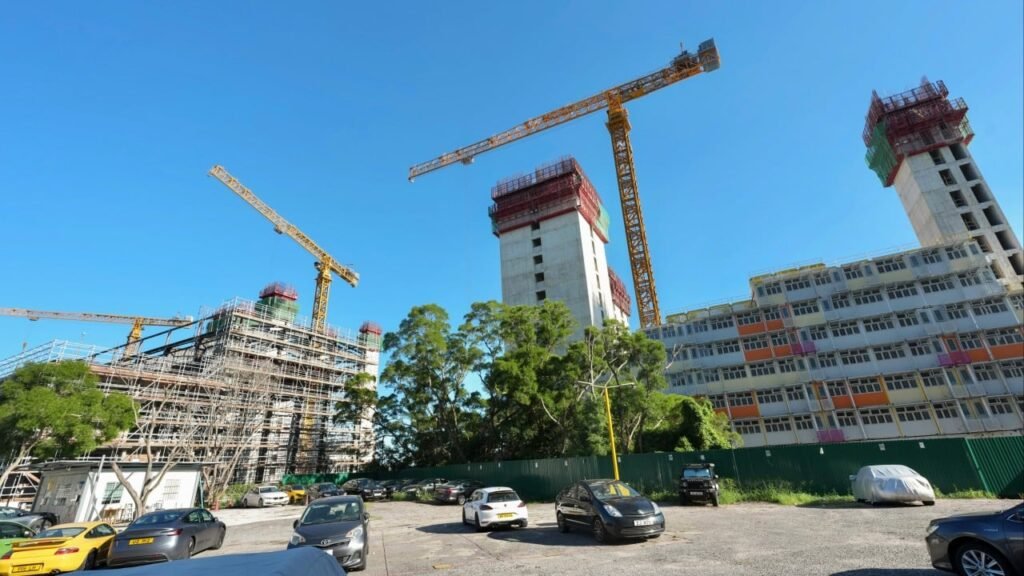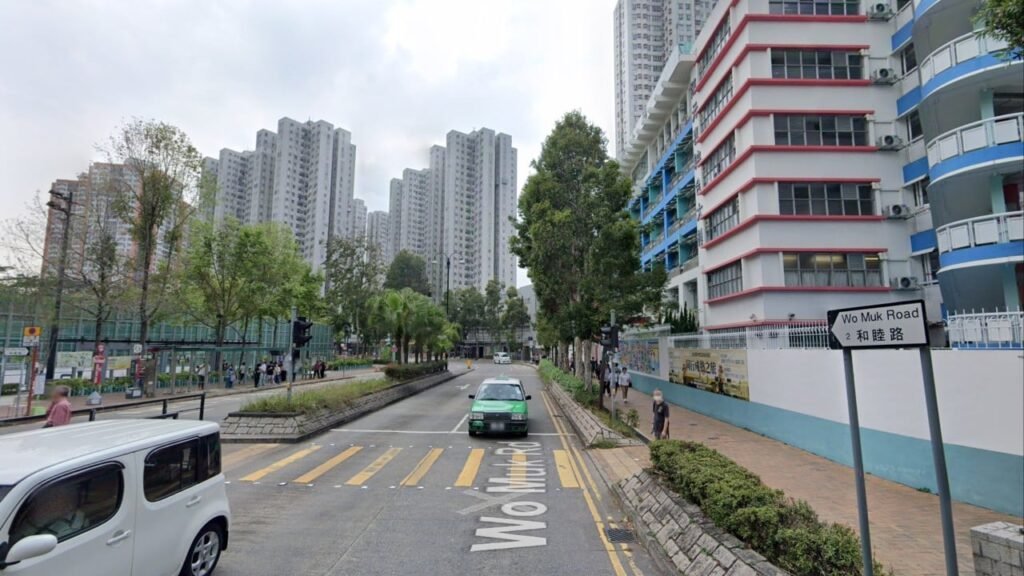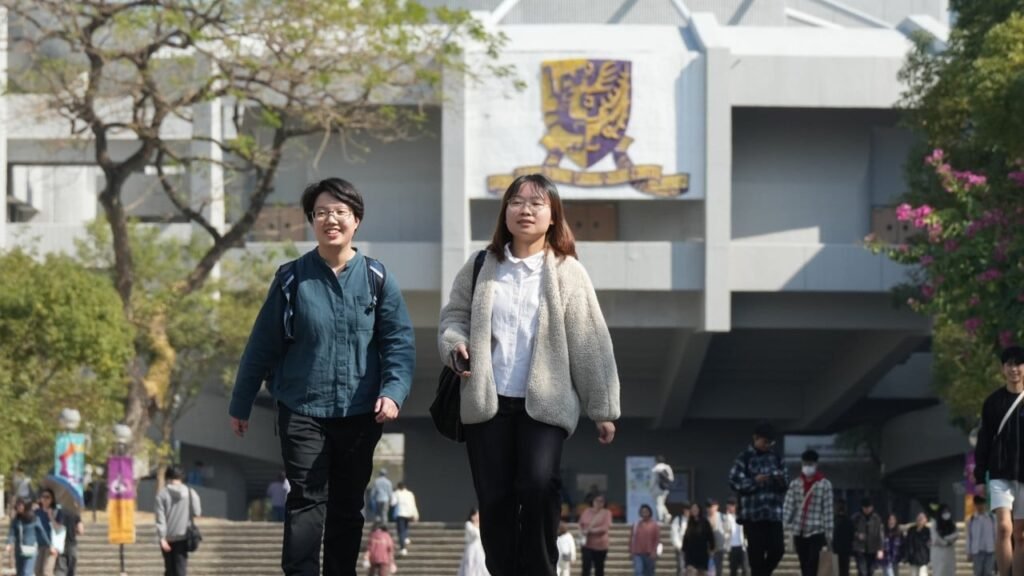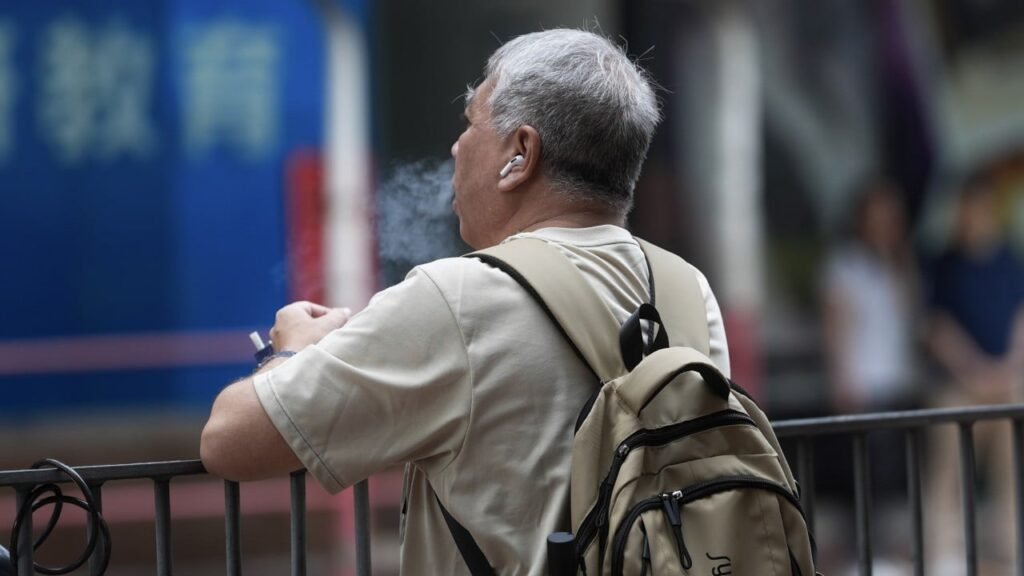The worst seems to be over for Hong Kong’s property sector, with more investors likely to snap up distressed assets in the coming months and home sales set to continue improving as the market anticipates faster interest-rate cuts, according to a JPMorgan researcher.
The city’s real estate industry had been battered, with several listed property developers seeking to renegotiate the terms of loans, said Karl Chan, head of Hong Kong property research at the US investment bank. However, there was no reason the market could not return to peak form, with prices and rents of homes, offices and retail spaces setting historic highs, he said.
“If the Chinese economy sees a big boom again, I won’t be surprised if the Hong Kong property market goes back to the old days,” he said. “But for that, we have to be pretty patient.”
Do you have questions about the biggest topics and trends from around the world? Get the answers with SCMP Knowledge, our new platform of curated content with explainers, FAQs, analyses and infographics brought to you by our award-winning team.
Property prices hit a peak before an economic slump that began in 2019 when the city was hit by social unrest followed by the Covid-19 pandemic. Housing prices fell 28.4 per cent as of March this year from an all-time high in September 2021. However, they increased for four straight months to July, narrowing this year’s price decline to 0.45 per cent.
The US Federal Reserve is widely expected to restart its easing policy with a quarter-point rate cut this month. As Hong Kong pegs its local currency to the US dollar, the city’s monetary authority is set to follow suit, easing pressure on commercial property owners and encouraging homebuyers.
Yet headwinds for the property market remained, Chan said. Developers were still facing an abnormally large supply of unsold flats, and the elevated interest rates were causing a negative-carry situation, whereby mortgage rates were higher than rental yields, he said.
The average sell-through rate of new residential projects typically ranged between 20 per cent and 70 per cent in recent months, with only those developers that enjoyed a strong brand premium able to sell out their inventory, Chan said.
“Many of the residential launches actually cannot achieve 100 per cent sell-through rates,” he said.
Current inventory was equivalent to between 14 and 15 months based on the average number of monthly sales in the last 12 months, he said, adding that rising home prices in the city typically coincided with the market having less than 10 months’ worth of supply.
“I do think there can be some stable growth,” Chan said. “For the long term, I think it would really depend on the well-being of the Chinese economy. Historically, the Hong Kong property market has a strong correlation with the Chinese economy, which will take some time to recover.”
If the Hong Kong stock market’s recent run-up were to continue into next year, the city would “have the prerequisite for a sustainable home price rebound in 2026”, according to Chan.
“Our base case is that in 2026, home prices may rebound by around 3 to 5 per cent,” he said.
As for the commercial sector, Chan said that 34 per cent of the interest-bearing debts of all listed Hong Kong developers could be considered high risk, meaning that the borrowers could seek to delay payments or renegotiate loan terms. The ultimate owners of these firms would still be able to use their personal assets to obtain financing, he added.
“There could still be companies which may have a less comfortable balance sheet, but luckily for Hong Kong, there’s still some leeway, so I’m not too worried about liquidity as a systemic risk,” Chan said.
As for the office segment, he said negative rental reversion could continue in 2026.
Pedestrians amid office towers in Central on August 15, 2025. Photo: Jelly Tse alt=Pedestrians amid office towers in Central on August 15, 2025. Photo: Jelly Tse>
“And then in 2027, that may be the potential inflection point,” he said. “But for that, we still have to observe how the net absorption will be.”
Office-leasing activity in Hong Kong rose for a fourth straight month in July, chipping away at elevated vacancy rates that continued to weigh on rents, JLL said in a report last month. Tenants leased a net 190,000 sq ft of prime office space in July, with the market absorbing a net 463,000 sq ft of space from April to July, the report said.
However, grade A office rents continued to fall, declining 0.5 per cent in July from a month earlier despite the improved leasing activity. Prime office rents had dropped by more than 40 per cent since a peak in 2019, JLL added, with a further 5 per cent decline likely this year.
In the retail segment, things “should stabilise” from now on as the stock market had been doing well and the trend of Hong Kong residents taking their shopping dollars to Shenzhen had also stabilised, Chan said.
This article originally appeared in the South China Morning Post (SCMP), the most authoritative voice reporting on China and Asia for more than a century. For more SCMP stories, please explore the SCMP app or visit the SCMP’s Facebook and Twitter pages. Copyright © 2025 South China Morning Post Publishers Ltd. All rights reserved.
Copyright (c) 2025. South China Morning Post Publishers Ltd. All rights reserved.








